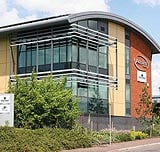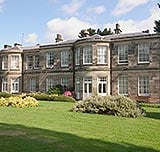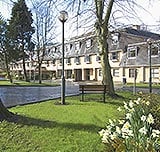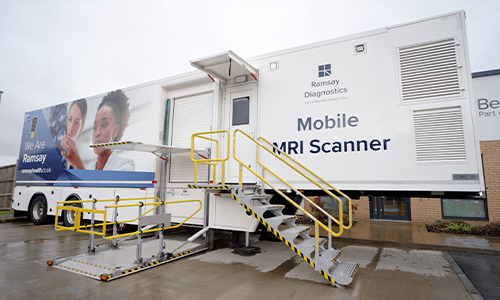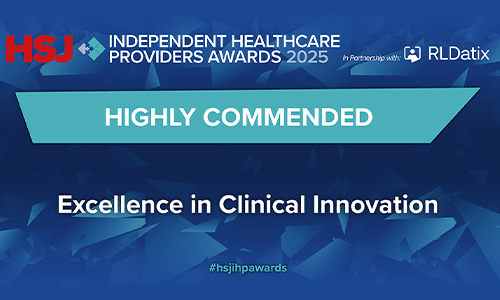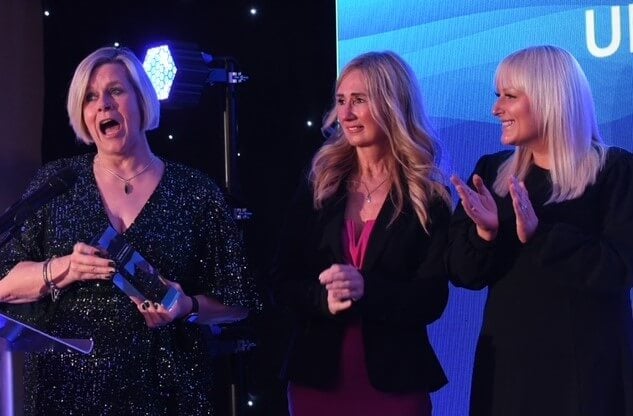What is a cardiac catheterisation?
Cardiac catheterisation is an invasive procedure used to see if you have a disease of the heart muscle, valves or coronary arteries, and to treat certain heart conditions. It is sometimes called a coronary angiogram or cardiac angiography.
A long thin tube, called a catheter, is inserted into your artery or vein in your groin or arm and is passed into your heart using X-ray scanning.
You will have a local anaesthetic to numb the area where the catheter is put in. You will be linked to a heart monitor that records your heart rate and rhythm.
A special dye, called a contrast dye, is injected to allow your doctor to see any narrowing or blockages in your coronary arteries. They may also take a detailed look at your left heart chamber.
Your doctor can perform heart disease treatment at the same time if needed. This includes coronary angioplasty and coronary stenting to open or help widen heart arteries and improve blood flow to your heart.
Cardiac catheterisation is invasive and treatments can be carried out at the same time. This means it is often used for patients who have a known, or who are high risk of, coronary artery disease. These patients can benefit from diagnosis and stent or angioplasty treatment as one procedure.


